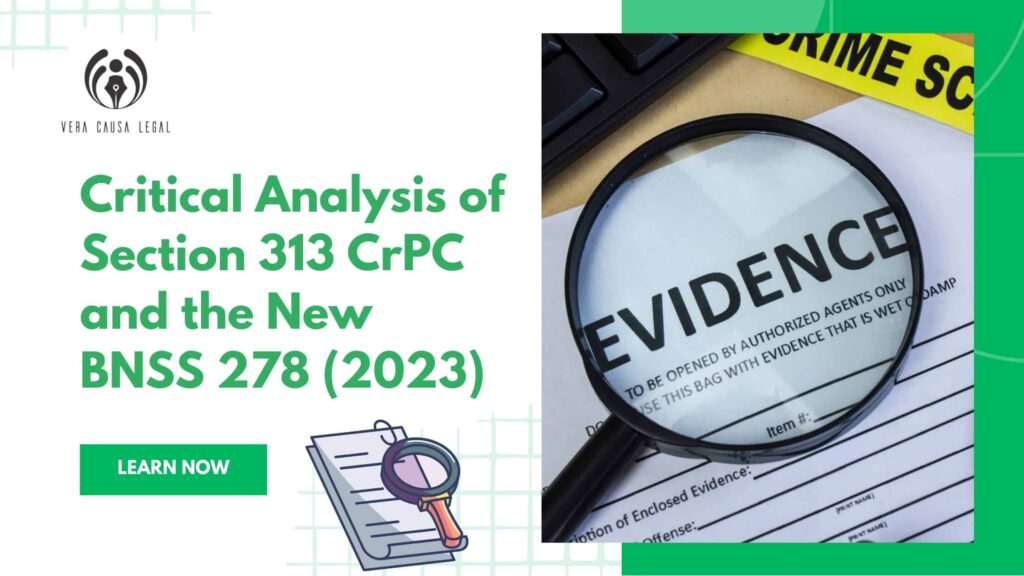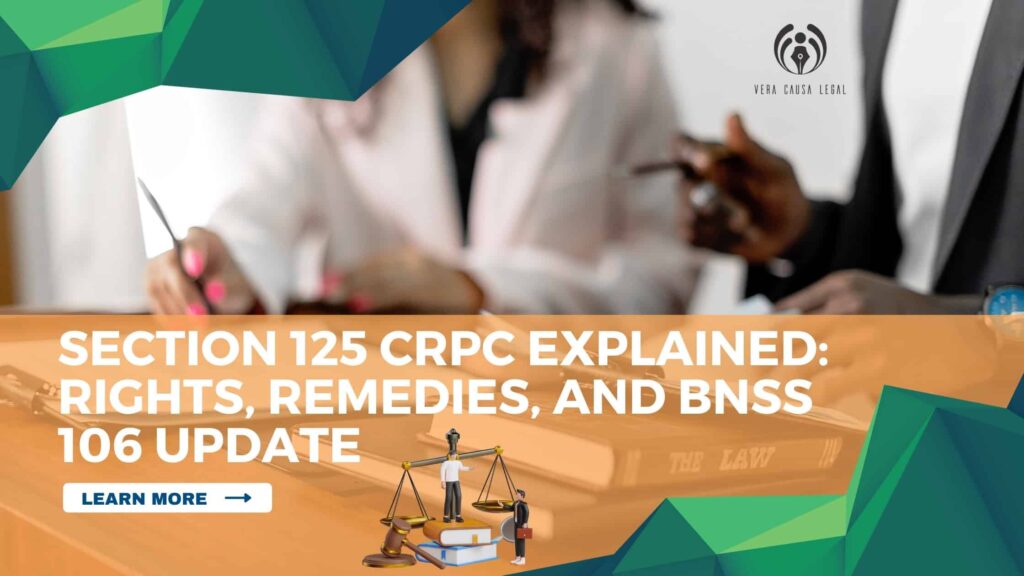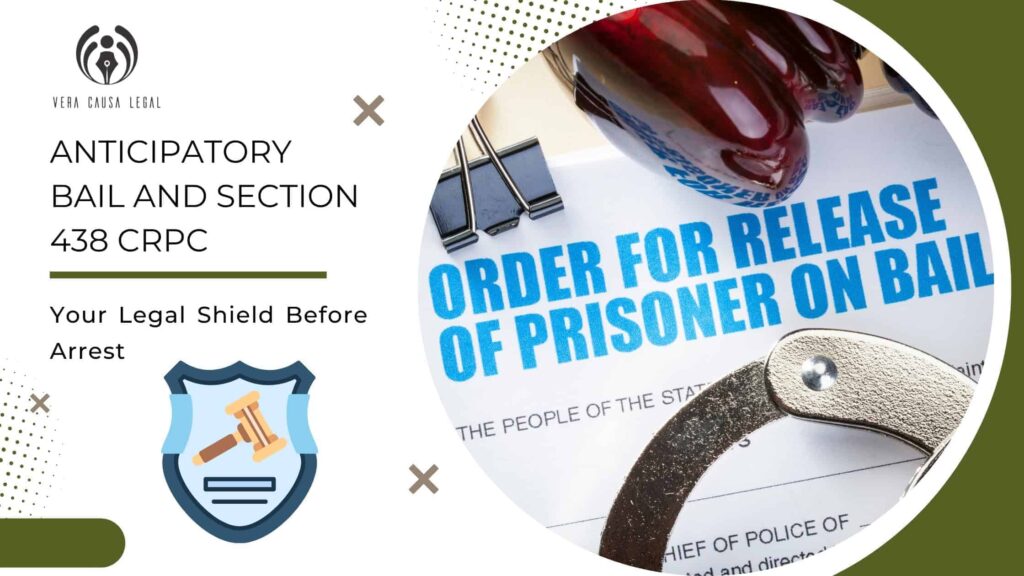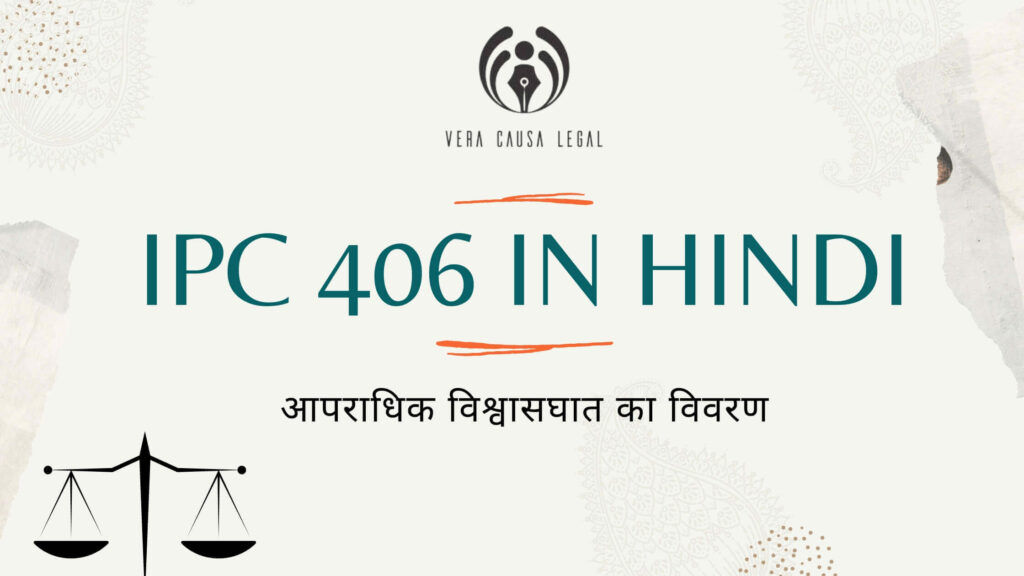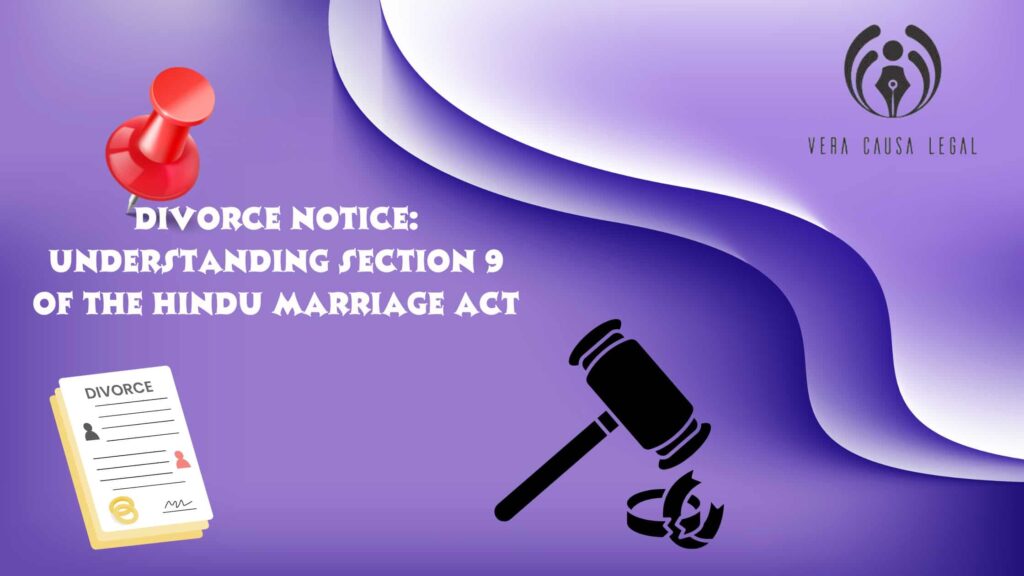Antitrust Laws in India: A Comprehensive Legal Guide by Vera Causa Legal
In today’s rapidly evolving global economy, ensuring fair competition is the cornerstone of sustainable business growth and consumer welfare. Antitrust Laws in India play a vital role in preventing monopolistic behavior, safeguarding market fairness, and encouraging innovation. Over the years, India has shifted from the restrictive framework of the MRTP Act to a more comprehensive […]
Antitrust Laws in India: A Comprehensive Legal Guide by Vera Causa Legal Read More »






